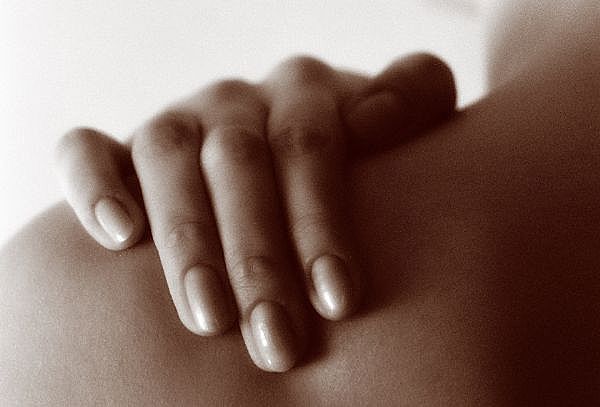
Shoulder joints exhibits a wide range of motion. It is a ball and socket type of joint composed of three bones. Daily activities cause wear and tear of the shoulder muscles (due to over-use) especially when not followed by periods of rest. There may be a sudden onset of pain which is persistent or the pain can recur depending on the damage and several other factors.Symptoms like stiffness, pain, inflammation, increased warmth in the affected areas are also seen. Mild cases do not require any treatment and resolve by themselves after rest.
Causes of shoulder pain
Shoulder pain in most of the cases results due to injury or sprain. Majority of people suffer due to sprains (injury to the ligaments occurs here) and strains (due to muscle pull). Injury can be as a result of a direct blow (resulting in torn ligaments), improper posture for a long time, twisting or bending, etc. Inflammation with pain can occur soon after. Stiffness in the shoulder or frozen shoulder which limits movement is a result of such injuries. In case of damage to the blood vessels and nerves – weakness, numbness along with tingling sensation can occur.
Shoulder pain can also result due to some headaches, especially the migraine headache or other causes. Such a pain is called as ‘referred shoulder pain’. So it is not always due to a problem within the shoulder and can result due to injury or disease of the organs in the thoracic cavity.
Dislocation (which occurs through pulling or pushing bones out of their normal position to the other bones) in the shoulder area also results in severe pain. Infection in various parts of the body like bone, skin, joints, etc., improper posture and muscle tension are also some causes. Fracture in the shoulder bones due to fall, twisting and direct blow also cause chronic pain. Over-use of a joint (due to repetition of a task) or excess pressure on the joint, damages the tendons surrounding it resulting in pain. Accumulation of calcium in the tendons can also result in shoulder pain. In osteoarthritis also, where the cartilage gets damaged, shoulder pain can occur. Herniated disc in the neck, problems in the nerves are also some causes.
Metastasis of a disease (like invasive cancer) which has spread from one organ to another is also one cause for this pain. Some cancers spread to the shoulder area or spine from other organs also result in shoulder pain. Injuries in the shoulder do not lead to any complications except in the case of such dreadful diseases like cancer (say, lung cancer). However, it is very important to rule out such diseases and emphasize on finding out the root-cause which more or less are related to the injuries in joints or muscles.
Some other conditions like biliary disease, irritation in the diaphragm, peritonitis, spleen damage, cardiovascular problems, gallbladder disease (with pain in the right shoulder), etc. can cause pain in the shoulder, varying in intensity.
Symptoms of shoulder pain
The pain can vary from mild to severe in intensity. In some cases, you can simply feel it as bruised feeling rather than an ache. When the pain occurs, it can radiate to parts of the neck, back, arm also. There may be a nagging pain in the shoulder or the pain can intensify during movement with cracking sounds. Even slight pressure on the affected area can be painful with tenderness.
Stiffness in the muscles along with slight weakness is also experienced in shoulder pain. Inflammation, swelling and redness, warmth (when compared with surrounding areas as a result of inflammation) in the affected area are seen. Fever can signal of an infection inside the body and shoulder pain can be a result of an underlying disease also.
Breathing difficulty accompanied with chest pain, nausea, dizziness are also some symptoms which are more serious and required prompt medical attention.
Diagnosis
A detailed clinical history and physical examination usually suffice for diagnosis. Depending on the cause, location of your pain, some blood tests including an X-ray, an ECG, blood tests, and CT scans may be advised by your physician.
Treatment
Emergency symptoms include persistent pain, deformity, increased weakness, difficulty in breathing, chest pain, nausea, dizziness, profuse sweating, increased temperature, etc.
Using cold compress, taking adequate rest, using common pain killers, using devices for support (under guidance) provide relief in mild cases. Serious injuries require hospitalization under the guidance of a specialist.
Preventive measures
Listed below are few measures:
1. Maintain proper posture while performing tasks.
2. Doing strengthening exercises on a regular basis reduces your risk for such injuries.
3. Avoid accidental injuries by taking necessary precautions while doing work.
4. Do not over-use muscles and perform stressful activities for which you are not prepared for.
It is equally important to follow all the instructions of your physician and ensure timely follow-up visits to heal, recover fast from serious injuries while minor ones can be treated at home.




